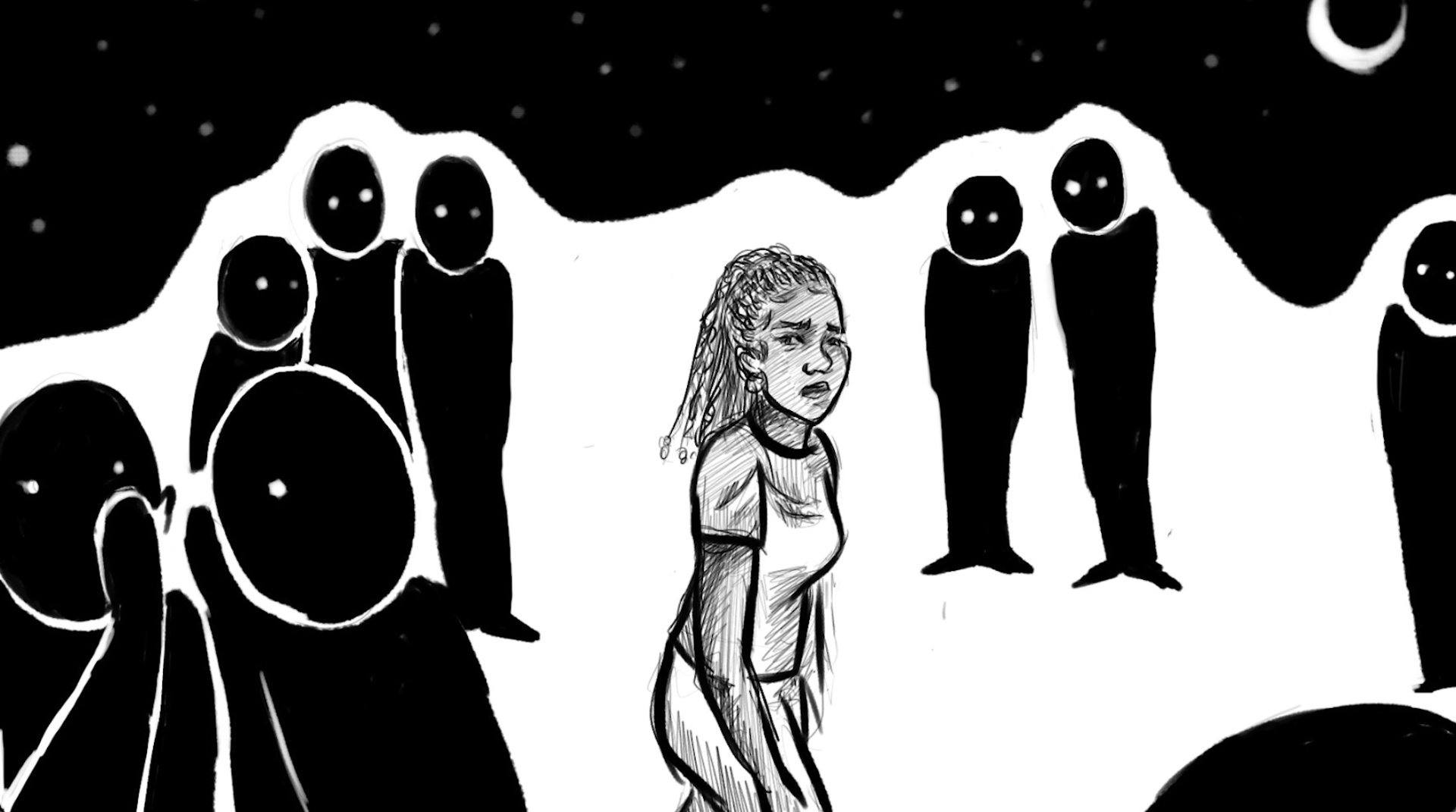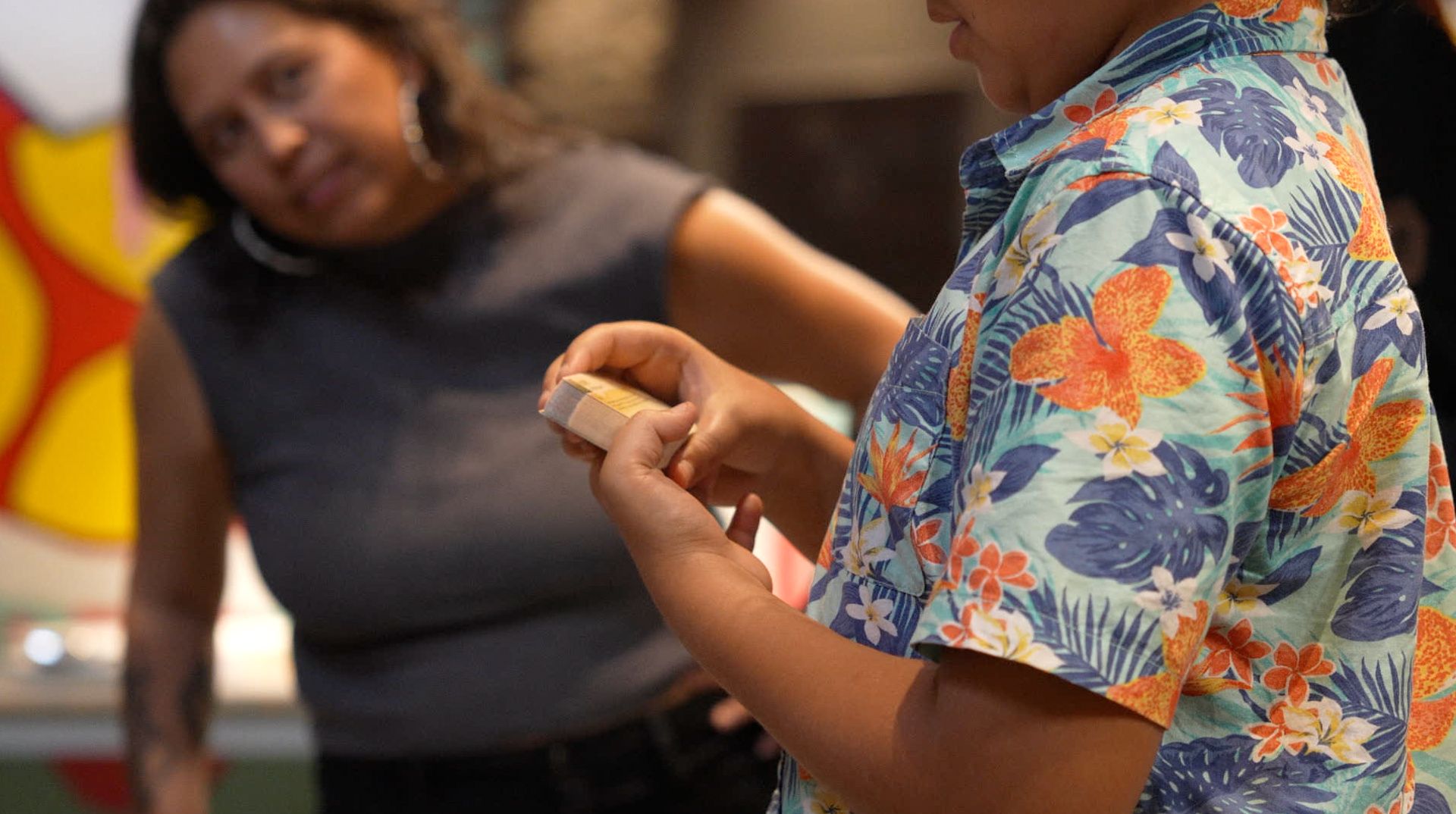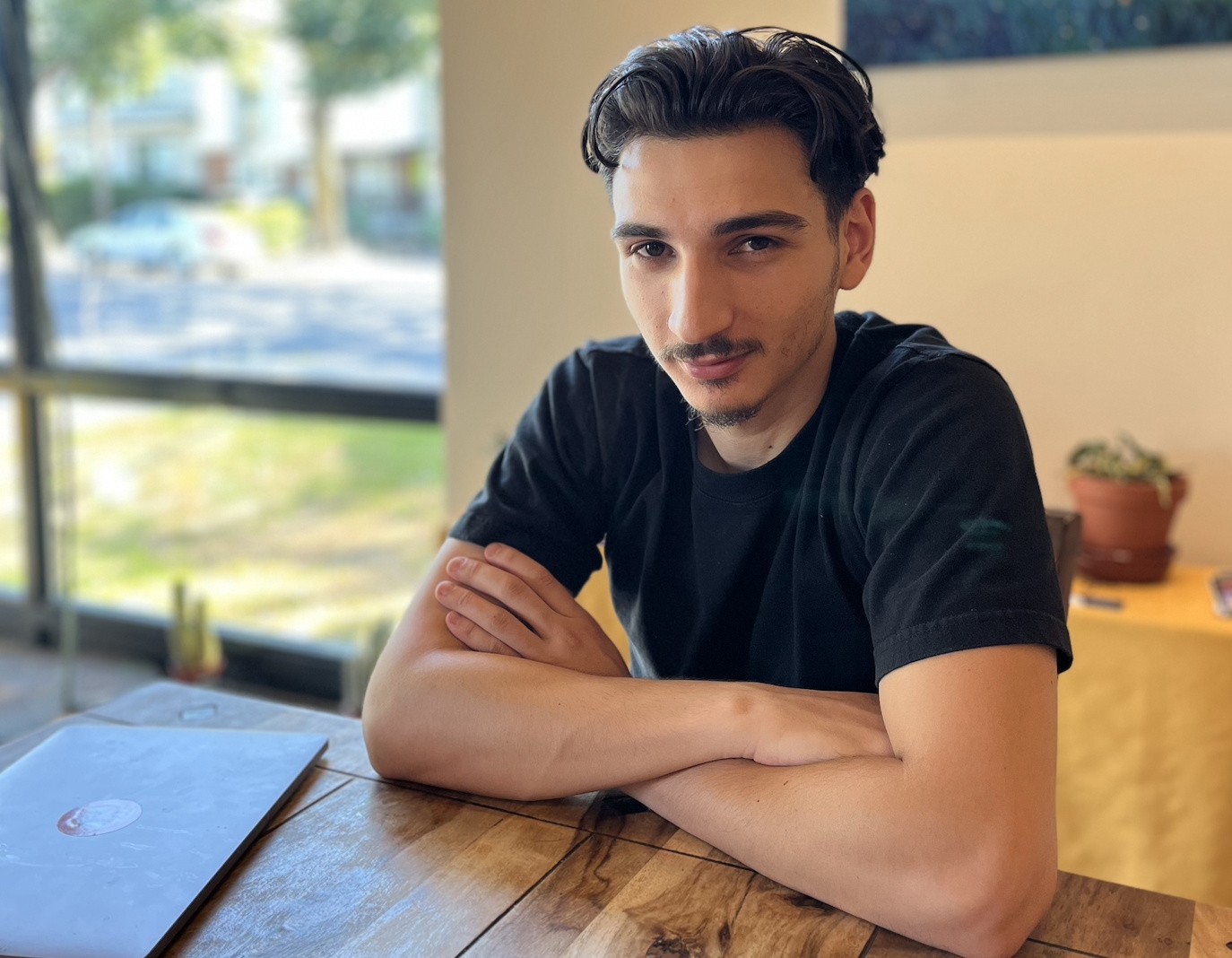“It's dangerous to be a black woman with an opinion in the media,” said Emilie Nicolas, winner of the award in the Opinion Editor of the Year category at the Gala Dynastie, on April 21.
While the Dynastie Gala Media Evening honored women, it was also an opportunity to highlight the challenges they face in this sphere. Journalists, columnists and television hosts such as Kharoll-Ann Souffrant, Sophie Fouron, Anne-Lovely Étienne and Malia Kounkou spoke to La Converse about this subject.
Each interview was conducted individually, but the testimonies of these women all agree: black women, who are still not very present in the Quebec media space, inevitably face obstacles.
“Quebec television has long been made for and by the white majority”
A study conducted in 2022 by the Canadian Association of Journalists reveals that there is an imbalance in Canada in the representation of women journalists in the media landscape. Of those who work in the media, 66% are white and 3.3% are black. In addition, 8 out of 10 newsrooms have no black journalists.
A reality faced by the women I met, often the only black people in their professional environment.
“Quebec is particular when it comes to the media,” begins Kharoll-Ann Souffrant, a columnist at Noovo since 2021, a social worker and winner of the award in the Author of the Year 2024 category for the essay The privilege of reporting at the Dynastie Gala. ” Growing up here, I never saw black people on television,” she continues.
The only reference she keeps in mind is Rima Elkouri, a columnist for The Press, of North African origin, but not black. “I still found myself in what she said. She wrote everything I thought,” she tells us with a hint of joy.
This under-representation of black women in the media is not without consequences, believes Sophie Fouron, journalist and presenter of the programs Tenir salon et La vie est un carnaval on TV5, which received the award for TV Host of the Year at the Dynastie Gala. For her, this phenomenon has imposed a limit on her professional aspirations: “Quebec television has long been designed for and by the white majority,” she says. So, for a long time, I stayed behind the camera. Unconsciously, I thought that in front, that was not my place. I didn't allow myself to dream about that.”
Of Haitian origin by her father and Quebec by her mother, Sophie Fouron says that she grew up in a “really white environment”, which for a long time prevented her from seeing the discrimination she could face. “I considered myself to be Québecoise. I didn't think about my color and I didn't think that people saw me differently,” she says. I think that maybe I was deliberately blind, I prevented myself from seeing that people treated me differently or refused me contracts because of the color of my skin or even my last name that does not sound Quebec. I tend to want to see the beautiful in people, before thinking that they have unconscious biases or that they are discriminating against me,” she concludes.
However, the presenter acknowledges that her mixed race has probably made it easier for her to access certain opportunities, unlike other colleagues with darker skin. “Being mixed makes it easier for you to navigate because people are less confronted with your difference or offended by it, unfortunately. It's such a painful and delicate subject, but colorism* in the media does exist. I enjoyed these privileges. Some people “look better” in the eyes of some decision-makers because they are a bit more like them. I'm talking about the white majority,” she continues in a sullen tone.
Anne-Lovely Étienne, a personality very present on social networks, is a columnist and winner of the Opinion Editor of the Year 2023 award. From the outset, she highlights another harmful effect of the lack of representation: the continuing doubt about the professional skills of black women. According to her, the lack of access of these women to certain positions leads their colleagues or managers to question their ability to perform these jobs. A situation that the columnist suffered.
“Colleagues don't necessarily do it consciously, but there's always this tendency to question our professionalism, to constantly ask myself if I'm certain of what I'm writing,” says the chronicler, visibly tired. After a short silence, she added: “It's done in a very pernicious way, but when you are the only black woman among 25 journalists, that's what happens.”
“It is not the message, but the messenger, the problem”
For Kharoll-Ann, speaking out as a black woman is more difficult in the media, unlike their white colleagues.
She bluntly expresses her frustration: “I don't want to seem ungrateful, but it's undeniable that with equal skill, I'm not treated the same way. If I talk about certain topics, it bothers me.” According to her, it is not the message, but the messenger, the problem.
Anne-Lovely also notes that she is often silenced when she tries to discuss certain topics. “Whenever I express an opinion on racial issues or systemic racism, we prefer to give a voice to white columnists,” she says, referring to media coverage of the Black Lives Matter movement in 2020.
Malia Kounkou, pop culture journalist at Urbania and a columnist at NeoQuébec, is also very present on social networks. When she discusses issues affecting the black community, she encounters defensive reactions from part of the public. “Each time, it is considered as a complaint, a whim, or even activism, and not journalism.” She continues: “It is necessary to stop classifying these conversations as activism when they concern black people. This ends the discussion, as if it had no legitimacy, when in reality, it is more than crucial. We all need to participate in these exchanges.”
Malia recalls that the presence of black journalists in newsrooms is essential to ensure more inclusive media coverage. “As a black journalist, what will interest me instinctively are the issues of the black community. It's on my radar,” she says in a firm tone. “I prefer to deal with topics that are close to my skin, rather than cringe because the subject will be treated a bit like a Joke or as something original! While, no, it's not original, it's my daily life,” she says.
Sophie discusses the same subject: “Even in the media, the demands of minorities do not pass, because it undermines privileges. People say, “We were good. Why are you coming to claim things?” Because not everyone was good! ” she exclaims.
Despite the discrimination suffered, these women journalists remain determined to make their voices heard.
“We have to snatch our seat because they don't want to give it to us”
According to the columnist Anne-Lovely, this silence imposed on black women is perpetuated because of the stereotypes conveyed by the media in particular, ironically,: “There are unconscious biases that stick to us. Black women are often represented as complaining, aggressive, violent and loud.” A prejudice that fuels attacks and criticisms directed at those who speak out, believes the columnist.
A revealing example is the experience she had after she denounced a video deemed racist by the presenter and actor Guillaume Lemay-Thivierges. In this video, the latter was filming himself in a forest and holding a birch tree with the N-word engraved on it. His comment: “Sometimes, life is also about working. Work hard. There is an expression that summarizes very well. Sometimes I say, I have a big job.” The video has since been removed. However, his dubious undertones led to his dismissal from his job as host of the show. Masked singers.
Despite everything, Anne-Lovely was confronted with a wave of insults for several days.
“It's already hard to just be a woman with opinions, but when you're a black woman, there's a lot of violence with a connotation that refers to colonization and slavery,” explains the woman who received emails and comments like: “The colonisers were right to rape you! ”
For Kharoll-Ann, fighting to make her voice heard is not an option. “You have to snatch your place. Not just taking it, but snatching it, because they don't want to give it to us. Today, the situation is beginning to change, but the media is still mostly dominated by white people,” she said.
“The train is moving slowly, but it won't go backwards”
Although the situation remains complex for black women in the media, Kharoll-Ann Souffrant, Sophie Fouron, Anne-Lovely Étienne and Malia Kounkou remain confident in considering the future. “The train is moving slowly, but it will not go backwards,” summarizes Sophie Fouron.
Malia Kounkou, a 28-year-old journalist, is aware that she is not experiencing the same difficulties in the profession as her elders. She adds that the next generations will experience less, but that, to do so, we must continue to impose ourselves now. “Consciousness is opening up, and people are realizing what we are going through. It is a burden that falls on our shoulders to ensure that what concerns our communities is also considered by others. Let's not hesitate to talk about the challenges of our community.”
Anne-Lovely Étienne, for her part, calls on those who feel relegated to the shadows to reveal themselves. “Show your talent because you need it,” she urges, stressing the importance of diversity in Quebec media. “You can't just be a black brother or sister representing all Quebec media,” she insists.
In this quest for recognition and equality, some women find their voice by carrying out “reparation” actions.
Sophie Fouron applies in particular, in Hold living room, to give a voice to those marginalized by society. In this documentary program, the presenter meets different cultural communities in their hairdressing salons. “For me, it was like a repair TV. I think that, subconsciously, I designed it that way. I wanted to thank all these immigrants who arrived, who were never heard, who never spoke, who were never seen in a human way, who were just statistics,” she says.
She concludes: “My status and even my skin color serve to highlight others and to denounce the discrimination, the injustices that my darker sisters and brothers experienced.”
The message is clear: while the road to equality may seem long, it is nevertheless certain. The determination of women like Kharoll-Ann Souffrant, Sophie Fouron, Sophie Fouron, Anne-Lovely Étienne and Malia Kounkou to make their voices heard is a source of inspiration and guarantees a more favourable future for future generations in Quebec media.
To go further
Colorism : Colorism is discrimination that focuses on the nuances of skin tone within a given group. This can manifest as favorable or unfavorable prejudices against individuals based on their skin tone. Lighter skin tones are valued, while darker skin tones are devalued.




.avif)



.jpg)
.jpg)
.jpg)